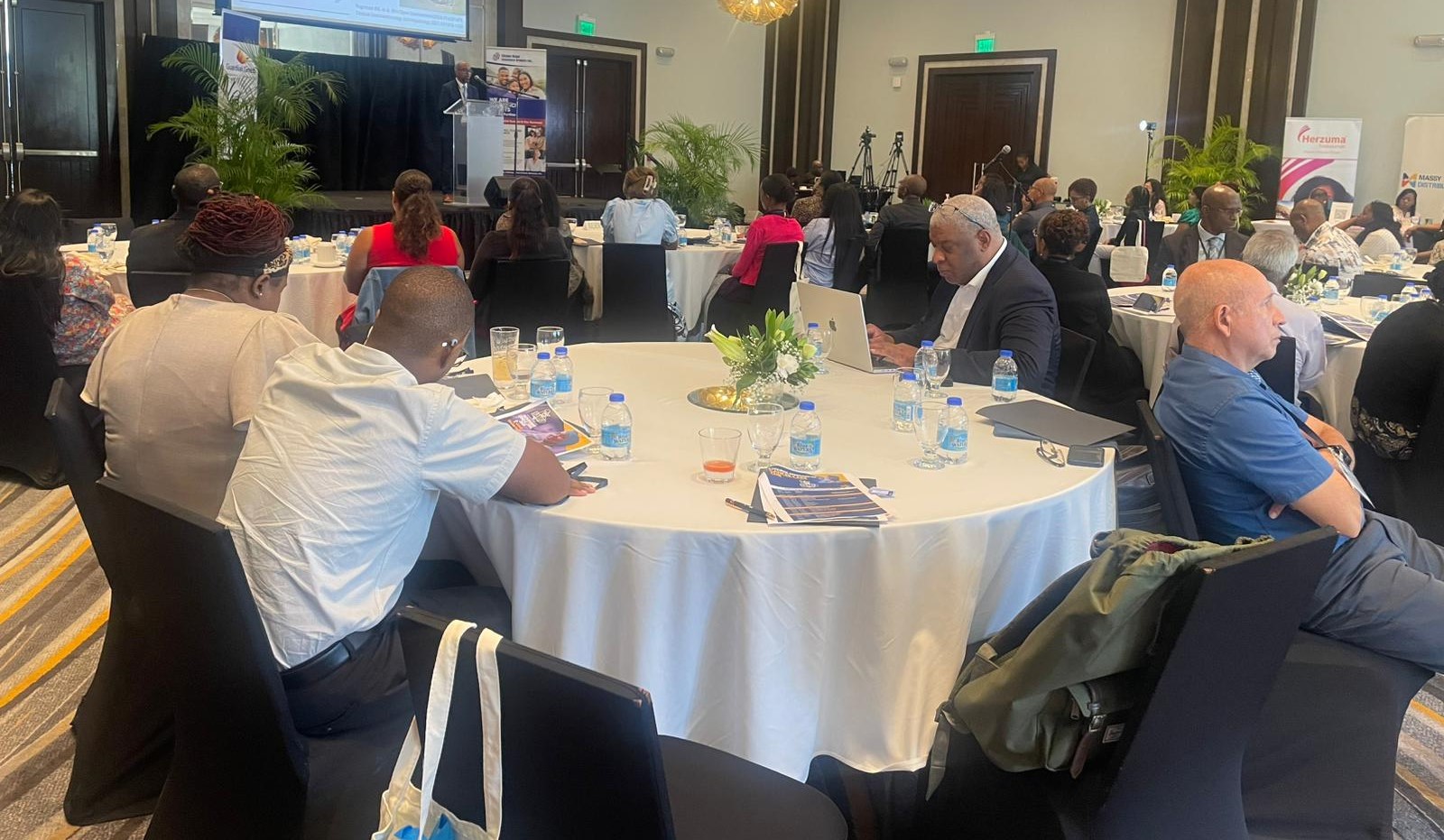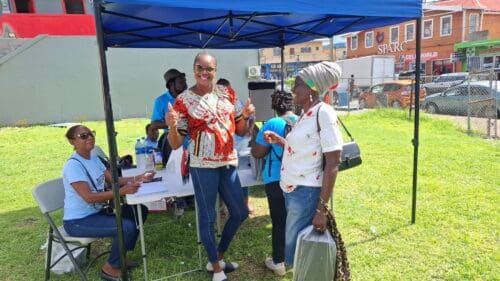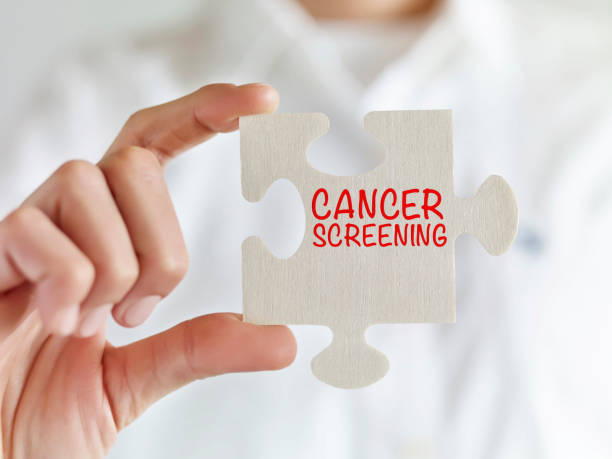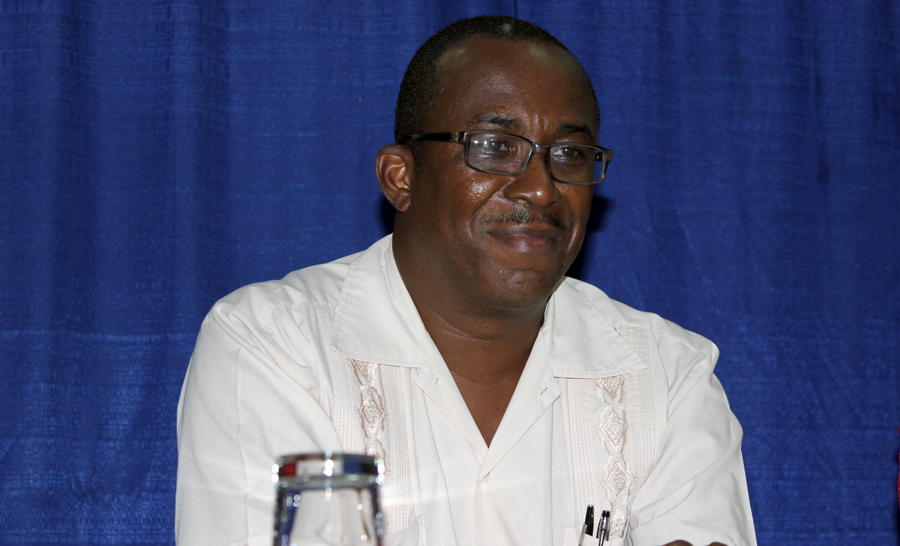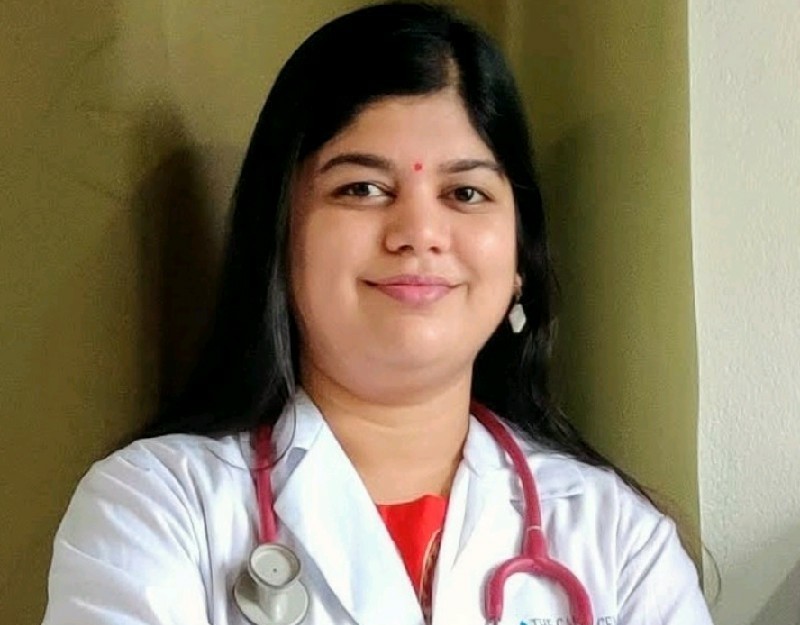Jamaica is grappling with a surge in leptospirosis cases following the devastation caused by Hurricane Melissa, prompting health officials to issue urgent warnings to the public. Dr. Karen Webster Kerr, the National Epidemiologist, has emphasized the need for immediate medical attention for anyone exhibiting symptoms of the disease. Health and Wellness Minister Dr. Christopher Tufton confirmed the outbreak during a press conference on Friday, revealing that confirmed and suspected cases have been reported across eight parishes, including St. Elizabeth, St. Catherine, Hanover, Westmoreland, Trelawny, St. Ann, St. James, and St. Mary. Between October 30 and November 20, there have been nine confirmed cases, 28 suspected cases, and six suspected deaths linked to the illness. Leptospirosis, a bacterial infection transmitted through contact with water or soil contaminated by the urine of infected animals, particularly rodents, presents initially with mild, flu-like symptoms such as high fever, headache, chills, and muscle aches. However, severe cases can lead to kidney or liver failure, internal bleeding, and even death if untreated. Dr. Webster Kerr highlighted that advanced symptoms include coughing up blood, blood in stool, inflammation around the heart, irregular heartbeat, fatigue, shortness of breath, and swollen feet. Treatment often involves intravenous fluids and, in severe cases, intensive care. The outbreak has been exacerbated by stagnant water left in communities after the hurricane, creating ideal conditions for the Leptospira bacteria to thrive. Residents are advised to avoid contact with standing water, especially farmers and those with open wounds. Meanwhile, Dr. Webster Kerr reassured the public that there is no outbreak of gastroenteritis, and influenza cases, while increasing seasonally, remain below epidemic levels. COVID-19 activity is also low, with minimal respiratory virus circulation. Chief Medical Officer Dr. Jacquiline Bisasor-McKenzie reported that 60% to 75% of health centers in the most affected parishes—Trelawny, St. James, Hanover, Westmoreland, and St. Elizabeth—have resumed normal operations.
分类: health
-
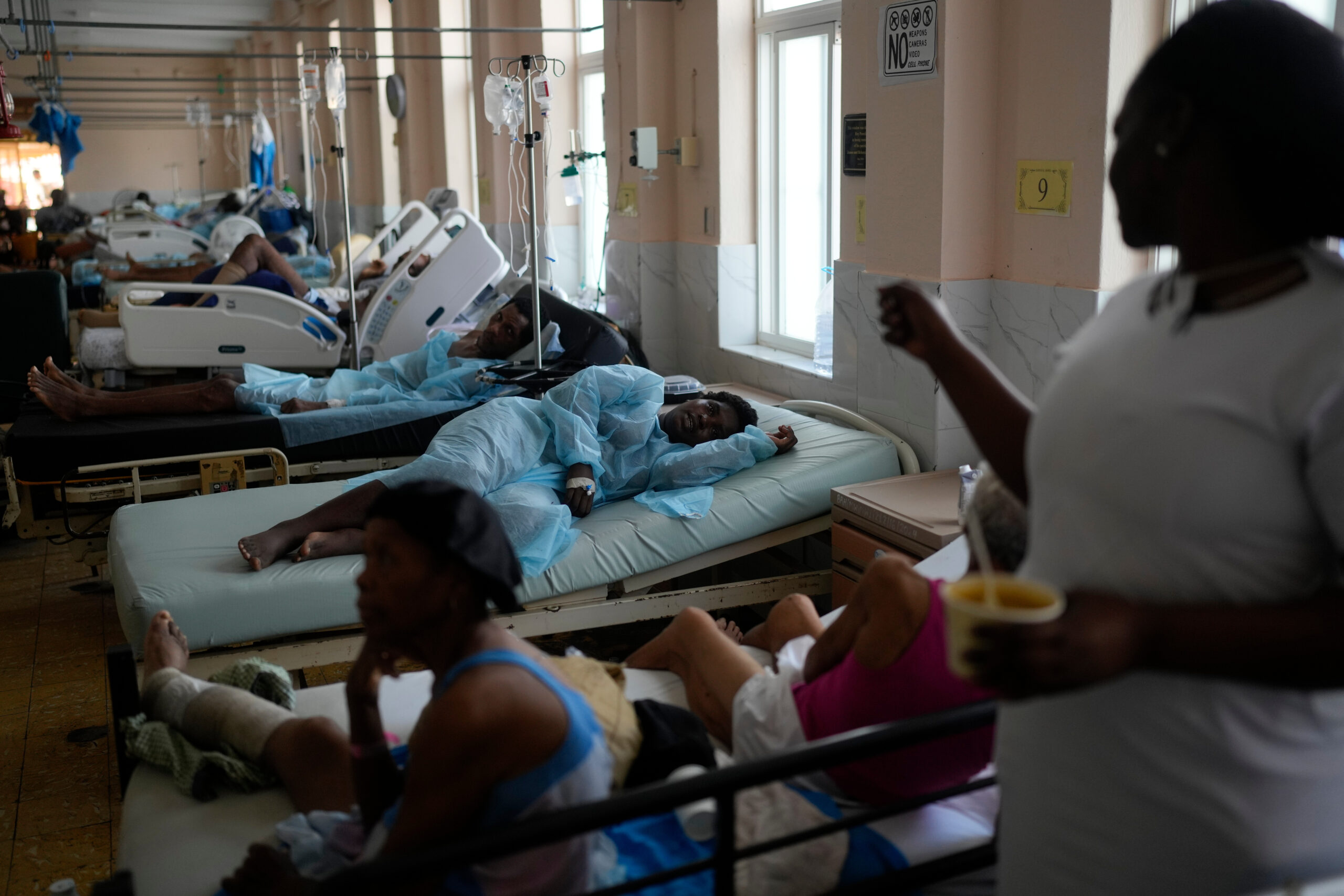
Carpha: One Health system will mitigate post-disaster diseases
The Caribbean region is grappling with increased risks of foodborne, waterborne, and zoonotic diseases in the aftermath of Hurricane Melissa, which struck Jamaica on October 30. Dr. Lisa Indar, Executive Director of the Caribbean Public Health Agency (Carpha), emphasized the urgent need for robust One Health systems that integrate human, animal, and environmental health. Speaking at Carpha’s Regional Pandemic Fund workshop in Port of Spain on November 24, she highlighted the strain on health systems caused by disasters and outbreaks. ‘The disruption of water, food, and sanitation infrastructure significantly raises the risk of disease,’ she noted. Jamaica is also managing a vector-borne outbreak, underscoring the link between extreme weather events and communicable diseases. Dr. Indar stressed the importance of preemptive One Health coordination, which Carpha has been advancing through regional collaboration. In early 2024, Carpha convened experts from public health, veterinary medicine, agriculture, and other fields to develop a unified action plan. This initiative has led to the creation of the Regional One Health Foodborne Diseases and Zoonotic Action Plan, updated national plans, and a SharePoint platform for real-time information sharing. Carpha’s next steps include operationalizing its Integrated One Health Surveillance Platform and enhancing agency coordination through simulation exercises. Ian Ho-a-shu, Senior Health Specialist at the Inter-American Development Bank (IDB), praised Carpha’s efforts, emphasizing the importance of surveillance technology and workforce development in building resilience. He highlighted IDB’s support for emergency responses, including post-Hurricane Melissa aid in Jamaica. Carpha’s achievements over the past two years demonstrate the region’s capacity to combat emerging health threats, with a clear goal of reducing the impact of pandemics in the Caribbean.
-
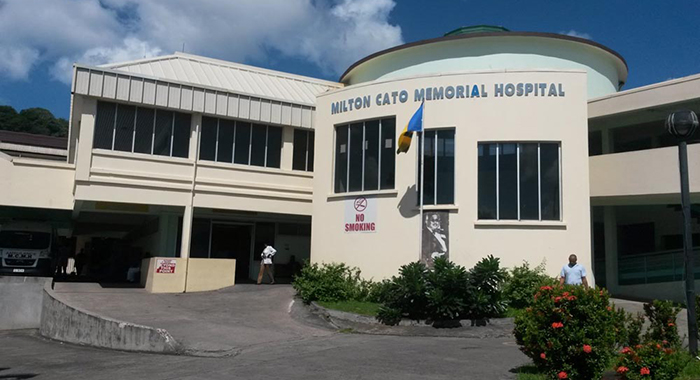
Still grieving — and still asking questions
For nine months, I have been grappling with the loss of my father and the circumstances surrounding his death. While death is inevitable, the manner in which it occurs is not. My father was admitted to the hospital on a Saturday night, battling diabetes, hypertension, and other complications. I was later informed that the medication he received exacerbated his kidney issues, yet I was repeatedly assured his kidney function was ‘OK.’ The ambiguity of that term remains unresolved to this day. Upon returning home on Wednesday, I immediately sought answers, consulting doctor friends and advocating for clarity. What I discovered was deeply troubling: the hospital lacked basic supplies, such as plasters and the correct glucose percentage to stabilize his blood sugar. Despite my efforts, critical procedures were delayed. My father needed an ultrasound of his heart, but the paperwork was mishandled, and the responsible doctor had left for private practice. By Thursday night, his kidneys were failing, and his creatinine levels were rising. The next morning, we were called to sign papers for dialysis, but it was too late. My father was rushed to the ICU, where I was told his kidneys were beyond recovery, and multiple organ failure had set in. I was finally given answers, but they came far too late. The pain of reliving this ordeal is immense. My father deserved better care, and so do countless others who rely on a healthcare system plagued by resource limitations and inconsistent standards. My grief continues, not only for my father but for those who lack advocates in their most vulnerable moments.
-

Doctor explains Confirmed: There is an outbreak of influenza A and B viruses: What is it, how is it spread, and how is it treated?
As winter sets in, the Dominican Republic is grappling with a notable rise in respiratory viruses, particularly influenza A and B, which are responsible for the flu. This seasonal spike has prompted concerns about the nature of the disease, its transmission, and effective treatment strategies, especially as thousands of Dominicans are already affected. Dr. Ezequiel Lugo, an internist and intensive care physician, explained to HOY newspaper that influenza is an acute viral infection primarily caused by the influenza virus, with types A and B being the most prevalent. Common symptoms include fever, muscle and head pain, cough, and nasal congestion or discharge. Transmission occurs through close contact with an infected individual exhibiting symptoms such as fever, general malaise, nasal congestion, sore throat, cough, or headache. While influenza often resembles a common cold, it can escalate to pneumonia and cause severe complications, particularly in children and the elderly. Treatment focuses on symptom management, with antiviral medications recommended within the first 72 hours of diagnosis to reduce complication risks. Dr. Lugo emphasized preventive measures, including mask-wearing, proper hand hygiene, and maintaining well-ventilated spaces. He also highlighted the importance of the influenza vaccine as the most effective tool for preventing severe cases, urging annual vaccination, especially for children and senior citizens. Dr. Lugo concluded by advising the public to seek medical attention promptly if symptoms arise.
-
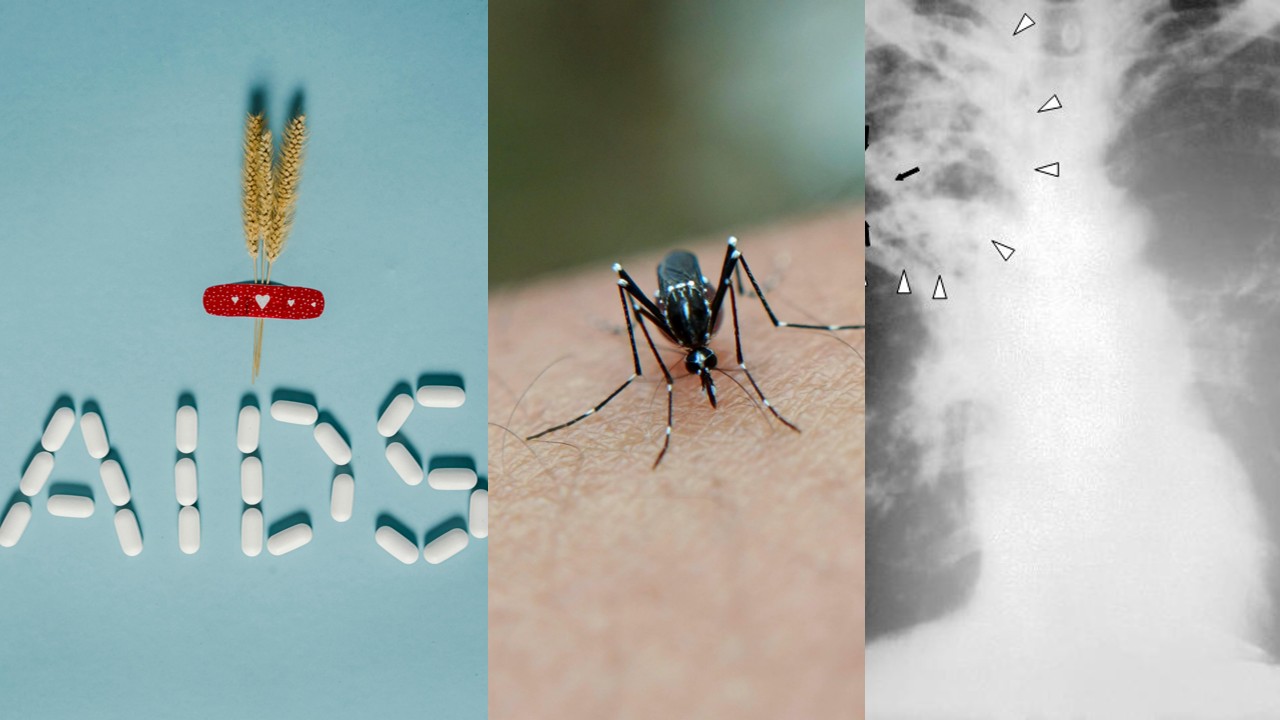
Global Fund Replenishment Conference highlights progress and gaps in fight against AIDS, TB, and Malaria
The 8th replenishment conference of the Global Fund to Fight AIDS, Tuberculosis, and Malaria concluded in Johannesburg with pledges totaling less than the ambitious $18 billion target. Despite this shortfall, the event underscored the critical need for global solidarity and sustained investment in health initiatives. Ndidi Okonkwo Nwuneli, CEO of the ONE Campaign, acknowledged the financial gap but praised the continued prioritization of lifesaving health programs by many world leaders. She emphasized that while innovations to combat these diseases exist, they require robust funding and political will to achieve transformative impact. Adrian Lovett, Executive Director for the UK, Middle East, and Asia Pacific at the ONE Campaign, highlighted the historic significance of hosting the conference in Africa, a region deeply affected by these diseases. However, he expressed concern over reduced or delayed pledges from major donors, including France, Japan, and the European Commission, urging governments to intensify their efforts. Since its inception in 2002, the Global Fund has saved 70 million lives and reduced deaths from AIDS, tuberculosis, and malaria by 63%. The current replenishment aims to secure $18 billion to save an additional 23 million lives and prevent 400 million infections between 2027 and 2029. The Johannesburg conference, the first of its kind held in Africa, symbolized the continent’s pivotal role in combating these diseases and showcased a spirit of international collaboration despite global challenges. Updates on pledges can be tracked via ONE Data’s replenishment tracker.

